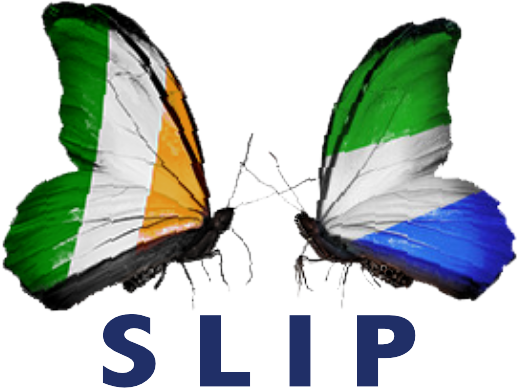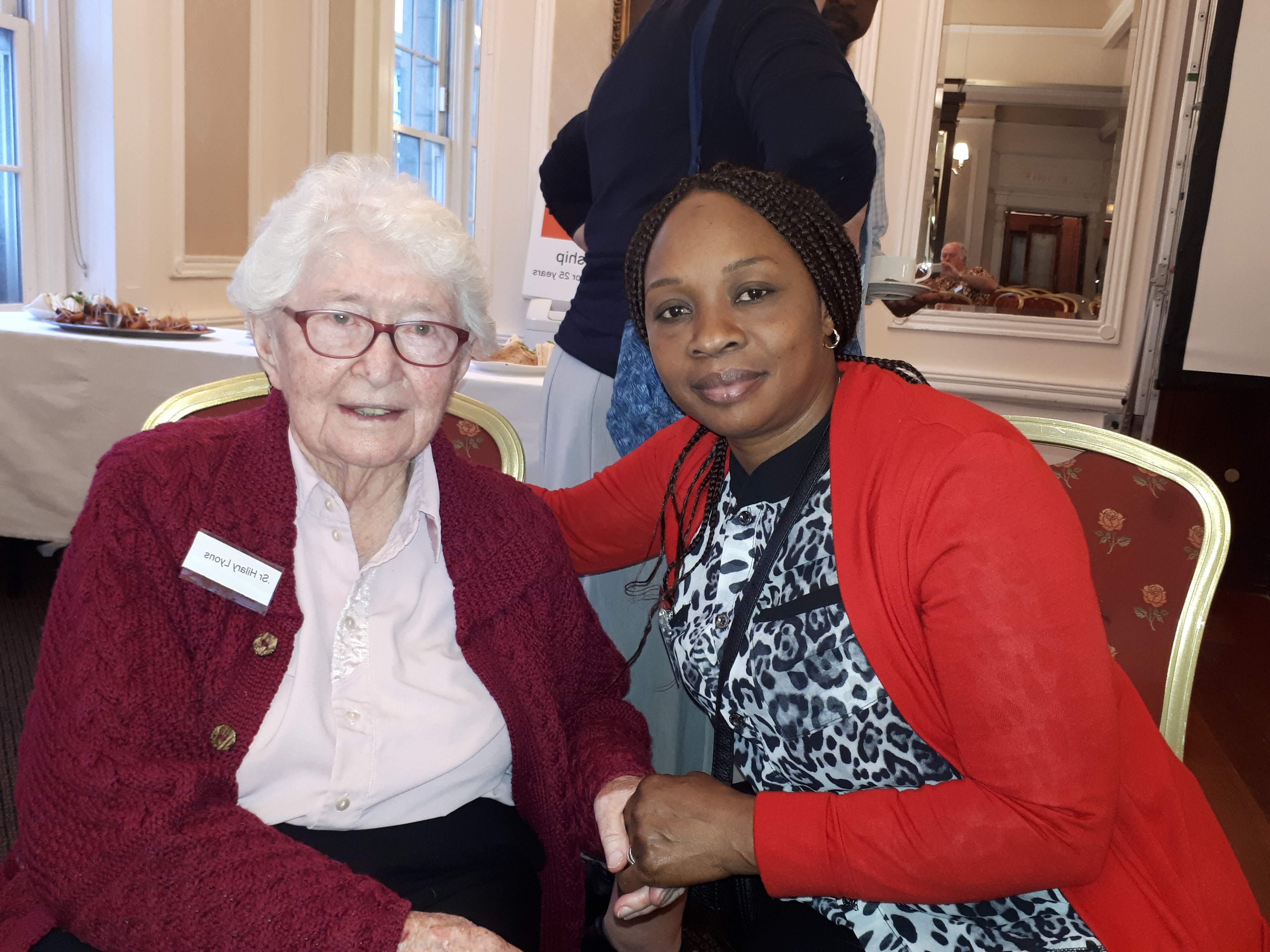Recently the committee of SLIP met with Fr. Edward Flynn C.S.Sp. Fr.Flynn gave a brief outline of the medical condition and the problems associated with it for the women of Sierra Leone. It has a terrible effect on women who have the condition and more needs to be done to raise an awareness of this problem. Check the internet to find out more about this condition.
Below are the notes Fr.Flynn used for the discussion.
My contribution this morning is in three parts.
- Short personal account of how I got involved in this issue – 3 mins.
- An account of who is involved at this stage, the work we do – most of this is contained in the piece I sent you Jim some weeks ago. It was entitled ‘Prevention’. You may have already distributed it to your members. – 3 mins.
- Suggestions – about what SLIP can do to further this issue. – 3 mins.
Then we will have a Question and Answer session.
- Q&A session – 10/15 mins. Depends on Qs and interest.
I came across the issue first in Pakistan and while I was there I met a surgeon who does repair operations. I still have contact with him. When I was in Geneva for some years I attended a one day meeting on the topic. What I learnt there was that most people approached this issue from a medical perspective. One person spoke about human rights in relation to the subject of fistula. From then I started to speak about the issue at the human rights council in 2015 – I think. In 2017 I collaborated in the preparation of a report on the topic from a human rights perspective, which I presented to the office of the Special Rapporteur (of the HRC) on Health in Geneva. When I returned to Ireland in 2019 I took up the issue on a full time basis.
What motivated me to get involved was the terrible situation of women living with this condition. Take a minute sometime to think about the horror that it must be for those women. It is torture 7 days a week.
In September 2019 a German Sister from the Good Shepherd Congregation joined me in the work of advocacy on this topic in Geneva. Since then we have been making statements at the HRC on the issue. We have also been in contact with a number of people and offices in Geneva to further our work of advocacy, awareness raising and making recommendations on the topic. Last year another Geneva based organisation – Geneva for human Rights – joined us in the work of advocacy.
During 2020, we had been in discussion with the WCC in Geneva and in December last year they officially decided to join with us in the prevention of Fistula from a HRBA. Meanwhile we continue our work of preparing reports for the review of various countries. Along with SL at this moment we are working on Tanzania, South Sudan and Zimbabwe. A word about the situation in Sierra Leone. There is one place in SL that does repair operations – The Aberdeen Women’s Centre, in Freetown. Haikal. A majority of cases/instances of Fistula are likely to be in the rural areas. There are about 3,000 living with Fistula in SL. From the Global Fistula Hub website there is only one surgeon in SL doing repair surgery.
What can SLIP do to further this work of advocacy? Since I began this work, for many of the people I have spoken with it was the first time they heard of the topic or had a conversation about the subject. Each conversation about Fistula is progress. With each conversation we are lifting the veil of ignorance about it. It is a hidden and neglected topic.
1) So, My first suggestion is to have more conversations about the subject. Here in Ireland and in Sierra Leone.
2) With whom to have these conversations? – among yourselves, with all partners linked to SL. – other NGOs, Missionaries working in SL. Irish citizens who have their origin in Sierra Leone. Sierra Leonians who are working in Ireland, organizations involved with human rights, in particular women’s rights, those with an interest in gender equality, education, development. Anyone with an involvement with SL. And other Dev Agencies.
3) With Gov contacts/officials. Encourage them to take a human rights approach to dealing with the issue. Irish Aid probably gives funds that help support the work of the Aberdeen Centre. This is supporting those who have Fistula. But is Irish Aid supporting the prevention of Fistula?
A sentence from the Irish Aid website reads in relation to SL: “Our main focus areas are improving the health and nutrition of the poorest communities and promoting women’s rights,” This is a good place to start a conversation with the gov agencies/such as Irish Aid.
In SL – Have conversations with those who are already working on the issue. Find out if there are people working on this issue from a human rights perspective. Start a National Conversation. Speak to journalists. Ask one to write an article in the papers. Ask someone to make a TV programme about it. Interview women who have recovered. Ask your partners to collect Data.
Spread Awareness and Be informed about the topic.
No mention of Fistula in any UPR reports so far.
The next UPR Review of Sierra Leone is on the 12th of May from 9.00am to 12.30. Geneva time.
Link to the UPR page for SL. Here you will find all relevant documentation.
https://www.ohchr.org/EN/HRBodies/UPR/Pages/SLindex.aspx
Check UNTV for live streaming of the session. http://webtv.un.org/ See will anyone mention the topic of Obstetric Fistula.


